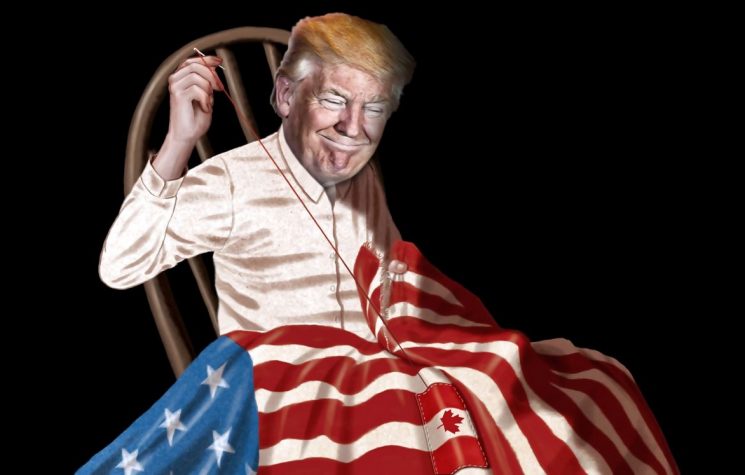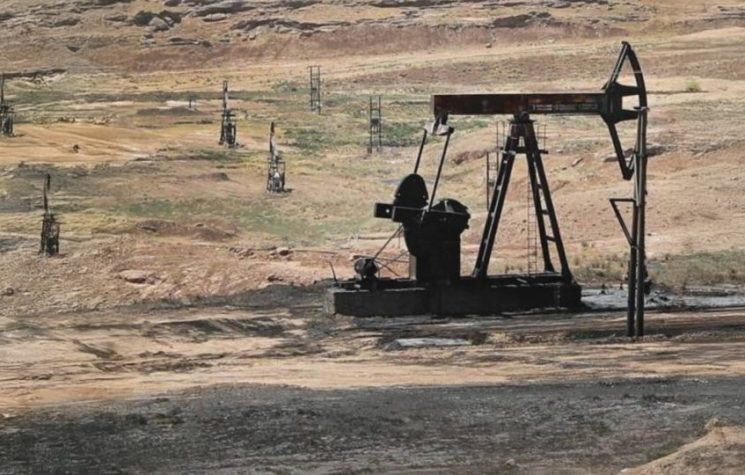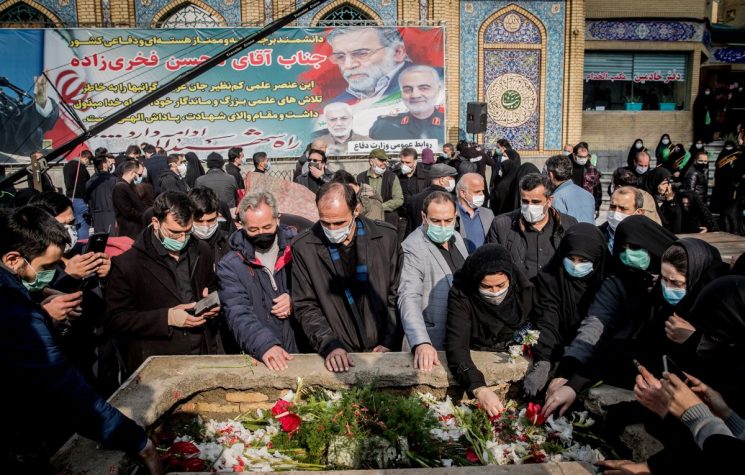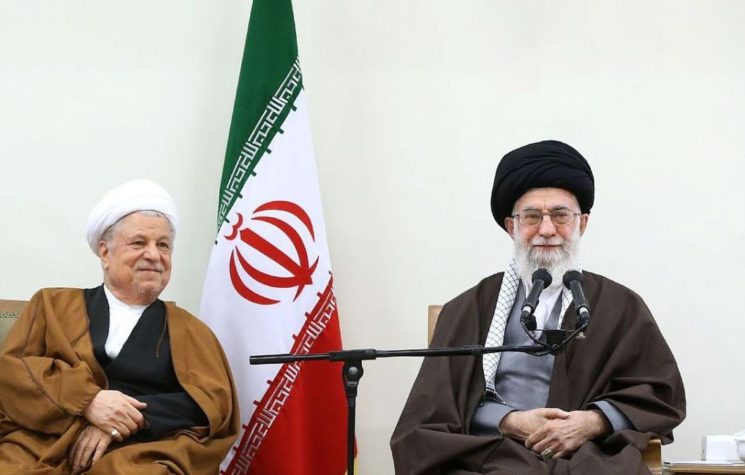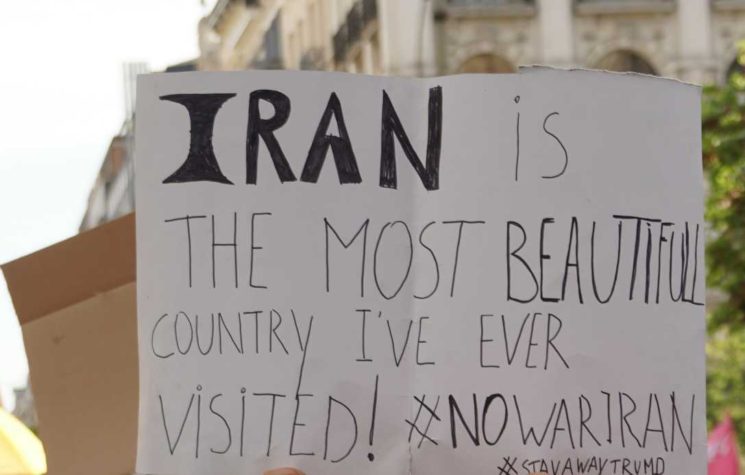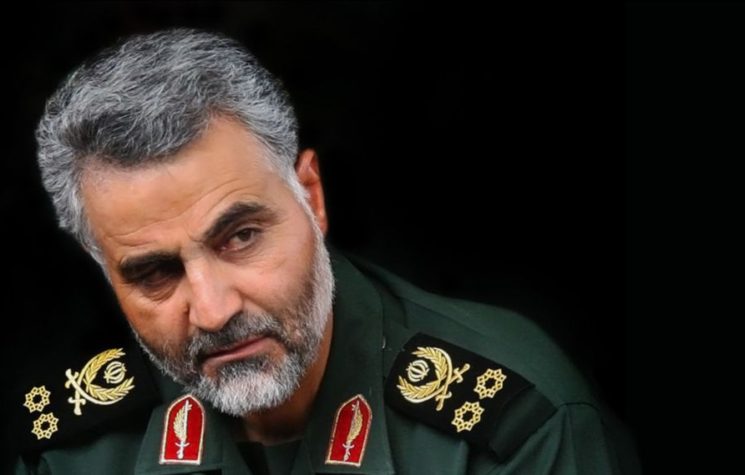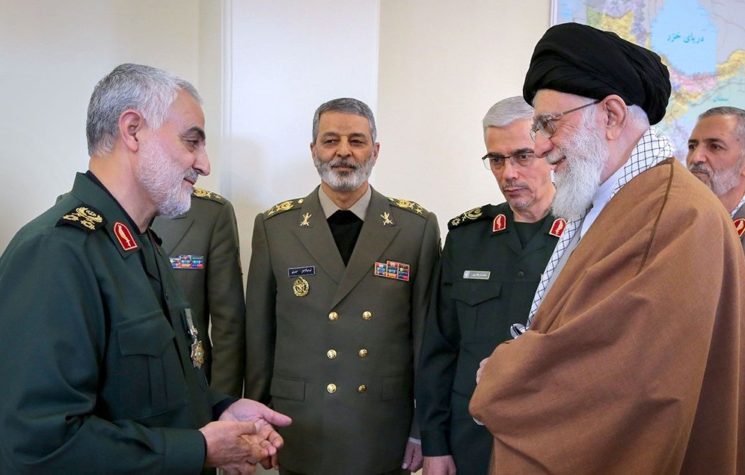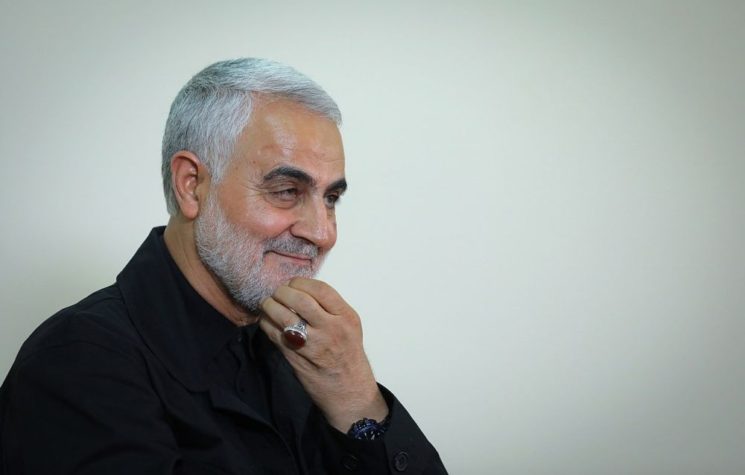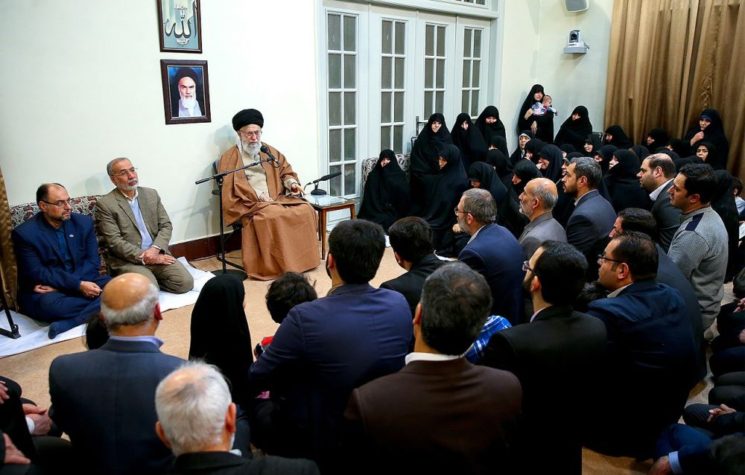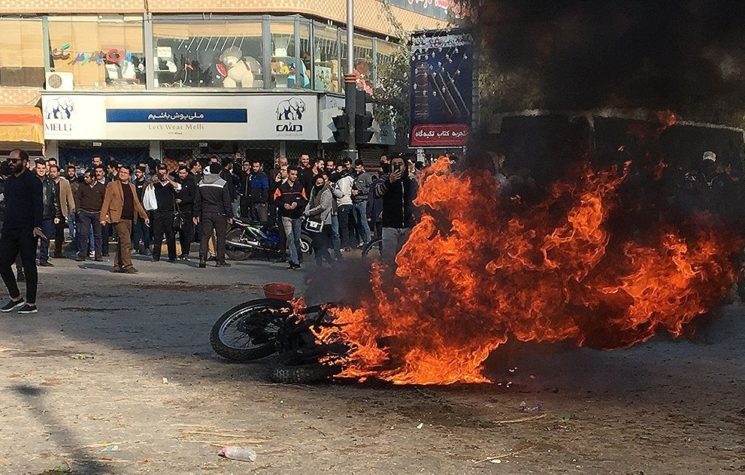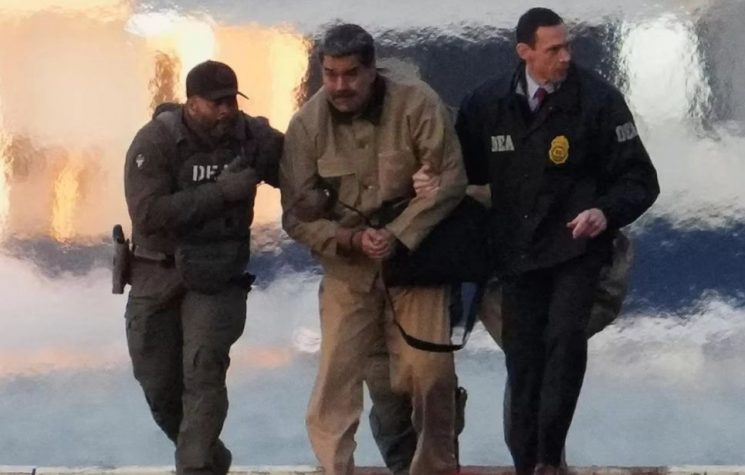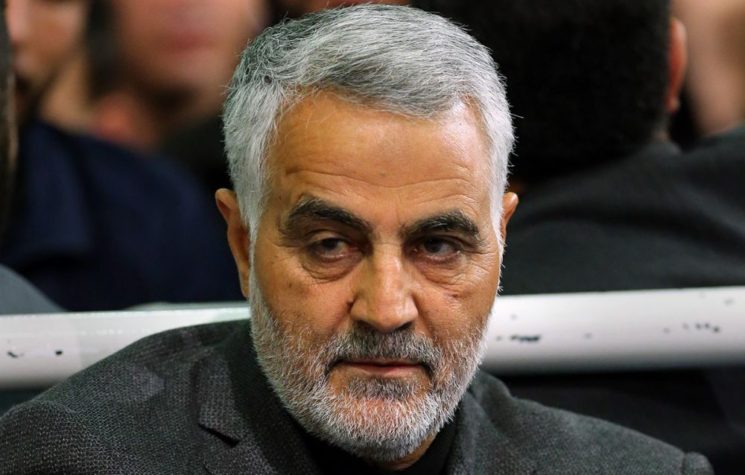The assassination of Iran’s top general is not only going to wreak havoc on America’s allies in the region. It is also going to divide the Arab world just at the very time when diplomacy was working. Was that the real aim of the hit?
Much will be written in the coming days and weeks on how a war might take shape in the aftermath of President Trump’s assassination of Qassem Soleimani, arguably Iran’s most cherished military figure who, for over twenty years, has run its regional conflicts and has shaped and maintained its strategic alliances in the entire Arab world.
Indeed, one could argue that Soleimani being killed is a huge blow to Tehran, as if we are to cast our minds back to the beginning of Trump’s inaugural stand with the Arab world, hosted by Saudi Arabia in May 2017. We should reflect on what irks the West, the Saudis and Israel the most: not so much Iran’s military capability from its own shores but its influence in the region, in particular Syria, Iraq, Lebanon and Yemen.
In Syria, Iraq and Lebanon Soleimani played a critical role in running Hezbollah operations which tipped the balance of power in favour of Iran and its geopolitical partners in the region, chiefly Russia.
And so the strike, hardly an achievement of any military zeal, was inevitable in that Trump was monitoring the Iranian general and was given a perfect moment – both to assassinate him and to justify the ends to the means.
Of course, so far we are still waiting to see the evidence that the Iranians were planning to hit U.S. soldiers in Iraq. But we are left to ponder what the next moves will be by Iran, and then what the response will be by the U.S. and its allies. It’s unlikely that either side will willingly begin a full-blown war, in preference for hit-n-run tactics and the use of proxies. But escalation and misjudgement on either side could start one. The important point about the Soleimani strike is that Trump has crossed a line of sanity and rational thinking. He has convinced himself that he can start a war with Iran, if need be, and use it to win a U.S. election, in an almost carbon copy move, which he said on camera that Obama did (which in fact was not the case).
I personally do not think that the strike was a typically capricious move by Trump. I am more inclined to believe that it has been in the works for a long time and his advisers might well have offered it to him as a preferable retaliation option against the Iranian downing of a U.S. drone in June of last year – where Trump floundered and finally held back from launching a conventional military attack on Iranian forces, through fear of civilians being killed, or so he claims.
What we are witnessing is unprecedented in the region. It has caught everyone off guard, even the democrats in the U.S., who can barely believe the stupidity of the move, which arguably, is a measured one. Trump believes that he can come out the winner of a pseudo war – or a proxy one – in the region, even though the Iranians have demonstrated that they easily have the capability of shutting down Saudi Arabia’s oil exports with a relatively minor salvo of ordinance.
In fact, Saudi Arabia might well, in my view, be part of this latest move. Much has been made of the petulant twitter goading of Tehran’s Supreme leader to Trump directly, which may well have pushed him over a line. But in reality, there is something much deeper and nefarious at play which may well be the true basis of why the decision was taken for the assassination: to destroy any possibilities of Iran and Saudi Arabia patching up their differences and continuing in dialogue, to avoid further tensions.
There is ample evidence to show that since the oilfield attacks carried out by Iran, Saudi crown prince Mohamed bin Salman has softened his stance on Iran and was looking at ways, through intermediaries, to build a working relation. It was early days and progress was slow.
But the Soleimani hit will blow that idea right out of the water. In one fell swoop, the strike galvanises and polarises an anti-Iran front from Saudi Arabia and Israel, which, whilst doing wonders for U.S. arms procurement will cause more tension in the region as it places countries like Qatar, UAE, Turkey and Oman in a really awkward spot with regards to how it should continue to work with Tehran. It may well put back the Qatar blockade to its earlier position as ‘rogue state’ in the region, prompting it to possibly even go rogue and get more involved in the battle to take Tripoli (supporting Turkish forces, obviously, who are with the UN-recognised government).
In fact, there is an entire gamut of consequences to the move, beyond merely Iran seeking to take revenge against America’s allies in the region. It is less about a declaration of war against Iran but more a declaration of anti-peace towards the entire Arab world, which was starting to unfold in the last six months since Trump stepped back from the region and stood down from a retaliation strike against Iran in the Straits of Hormuz. Trump is gambling that he can sustain Saudi Arabia’s oil being disrupted and even body bags of U.S. soldiers in Syria and Iraq in return for a fresh wave of popularity from people too ignorant to understand or wish to comprehend the nuances of the Middle East and how so many U.S. presidents use the pretext of a war, or heightened tensions, as part of their chest-beating, shallow popularity campaign.
Don’t expect any American journalists to remind viewers that one of Soleimani’s achievements was not only to command the entire Iraqi army’s campaign against ISIS, but also to do that in cooperation with U.S. forces.
Trump doesn’t really read. Or even take solace from history. If he did, he would know that many U.S. presidents actually lost the vote at the crucial moment, because of their bungling in the Middle East and, in particular, in Iran. President Reagan for example won the White House in November 1980 after the failed rescue mission of U.S. hostages in April of that year in Iran went spectacularly wrong which gave a “landslide” victory to the former B-movie actor from Hollywood. Reagan, in turn, carried on the great tradition of Middle East histrionics by his notably ‘mad dog’ Libya campaign, which ran concurrent to two devastating attacks on U.S. soldiers and embassy staff in Lebanon, while two different CIA teams worked against each other in trying to secure the release of U.S. hostages in Beirut – while all along he was selling illegal arms to the Iranians and using the cash to fund Contras in Nicaragua.
Trump’s strike does ring of a president, struggling with an impeachment campaign gaining momentum, who may feel has nothing to lose other than to repeat history, which has doomed him, like Carter or Reagan (who never survived Iran-Contra). But his reckless folly in the Middle East is also a test of how far relations with the U.S. and the rest of the world can go, before something breaks. The assassination of the Iranian general could drive a huge divide between the U.S. and the EU in the next term, if Trump can secure re-election as it will be Europe which pays the real price when the region boils over.













